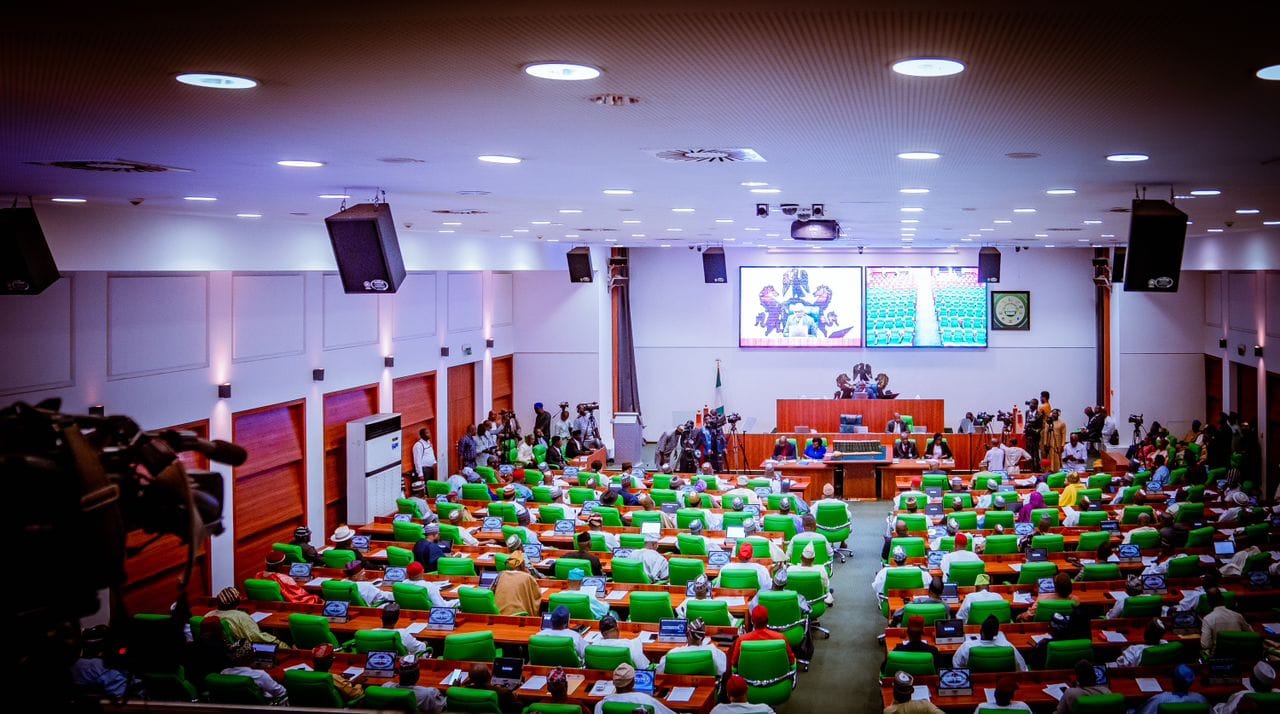A proposed bill seeking to raise the education requirements for individuals vying for top political positions in the country has been rejected.
Spearheaded by Representative Oriyomi Onanuga, the bill sought to elevate the minimum educational qualifications for the presidency, governorship, and membership in the National Assembly, sparking a contentious debate among legislators.
Onanuga, the driving force behind the bill, passionately argued for the necessity of higher educational standards, asserting, “Increased qualifications are essential to ensure that only the most competent and qualified individuals lead our country.” She emphasized the crucial role of intellectual capacity and educational attainment in addressing Nigeria’s multifaceted challenges.
Echoing Onanuga’s sentiments, supporters of the bill, including Babajimi Benson and Kingsley Chinda, emphasized the importance of elevating educational requirements to enhance the quality of leadership in Nigeria.
Benson remarked, “It is imperative that we raise the bar to ensure that our leaders are equipped to effectively govern and navigate the complexities of our nation.”
However, the proposal encountered formidable opposition from lawmakers such as Ahmed Jaha and Aliyu Madaki, who expressed reservations about equating educational credentials with leadership prowess.
Jaha argued, “Leadership qualities cannot be confined to academic qualifications alone. We must consider a broader spectrum of skills and experiences.”
Following impassioned exchanges and deliberations, the assembly ultimately rejected the proposal.



